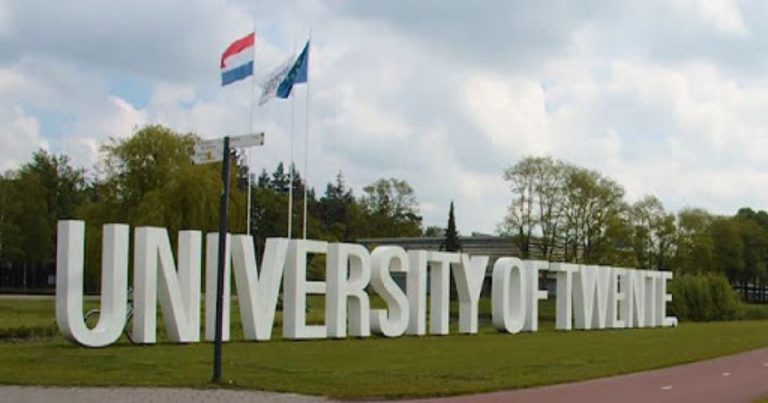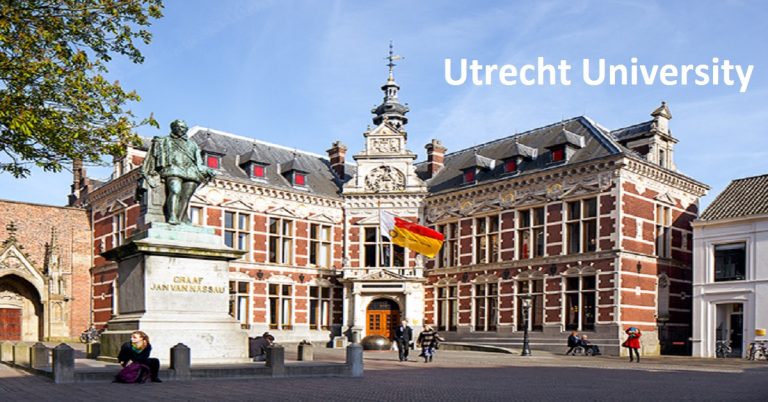Lund University was founded in 1666 and is repeatedly ranked among the world’s top universities. The University has around 47 000 students and more than 8 800 staff based in Lund, Helsingborg and Malmö. We are united in our efforts to understand, explain and improve our world and the human condition.
Lund University welcomes applicants with diverse backgrounds and experiences. We regard gender equality and diversity as a strength and an asset.
The Division of Synchrotron Radiation Research (www.sljus.lu.se), with more than 50 PhD students and researchers, is part of the Department of Physics. Its research covers experimental studies of the formation as well as structural, electronic, magnetic, and chemical properties of materials, including a wide range of techniques at large-scale facilities.
NanoLund (www.nano.lu.se) is a government-funded strategic research area at Lund University, engaging approximately 150 PhD students and 250 researchers in the Faculties of Engineering, Science, and Medicine. It operates Lund Nano Lab, a state-of-the-art cleanroom for the synthesis, processing, and characterization of compound semiconductor nanostructures.
This recruitment is connected to the Wallenberg Initiative Materials Science for Sustainability (WISE, wise-materials.org). WISE, funded by the Knut and Alice Wallenberg Foundation, is the largest-ever investment in materials science in Sweden and will encompass major efforts at Sweden’s foremost universities over the course of 10 years. The vision is a sustainable future through materials science. Read more: https://wise-materials.org
All early-stage researchers recruited into the WISE program will be a part of the WISE Graduate School https://wise-materials.org/research/graduate-school/, an ambitious nationwide program of seminars, courses, research visits, and other activities to promote a strong multi-disciplinary and international network between PhD students, postdocs, researchers, and industry.
Subject description
As a Post Doctoral researcher on this project, you will be a member of an interdisciplinary team developing (nano)structured materials that can significantly impact the sustainability of our society, as described in the WISE program. The group develops and characterizes architectures of matter with well-defined (multi)functionalities across scales. These include tailored photonic responses ranging from UV to thermal wavelengths, and control of mass and heat transfer. The team has a strong background in advanced nanofabrication methods including 3D lithography and multimodal X-ray characterization method development at large scale facilities.
Work duties
The main duties involved in a post-doctoral position is to conduct research. Teaching may also be included, but up to no more than 20% of working hours. The position shall include the opportunity for three weeks of training in higher education teaching and learning.
The research duties will focus on developing, supporting, and analyzing synchrotron-based experimental data, specifically from nano-tomography, interferometric and scattering imaging, diffraction, and fluorescence. The goal is to better understand the fabrication and performance of architected materials for applications related to sustainable development. The constituent materials of the architected structures will include polymers, metals, oxides and III-V compound semiconductors.
Detailed description of the work duties:
- Design experiments related to multiscale X-ray characterization of architected materials.
- Coordinate and collaborate with beamline scientists for experimental planning and data analysis/interpretation.
- Proposal writing for beamtime at various synchrotron radiation facilities (MAXIV, ESRF etc.).
- Develop, implement, and advance in situ imaging methods for multiscale characterization of architected structures.
- Assist in doctoral and master student supervision.
- Actively seek external research funding to support the experimental activities of the group.
- Administration related to the work duties listed above.
Qualification requirements
Appointment to a post-doctoral position requires that the applicant has a PhD, or an international degree deemed equivalent to a PhD, within the subject of the position, completed no more than three years before the date of employment decision. Under special circumstances, the doctoral degree can have been completed earlier.
Additional requirements:
- Very good oral and written proficiency in English.
- Background in at least one of the relevant experimental methods.
- Background in X-ray imaging and image analysis.
Assessment criteria and other qualifications
This is a career development position primarily focused on research. The position is intended as an initial step in a career, and the assessment of the applicants will primarily be based on their research qualifications and potential as researchers.
Particular emphasis will be placed on research skills within the subject.
For appointments to a post-doctoral position, the following shall form the assessment criteria:
- A good ability to develop and conduct high quality research.
- Teaching skills.
Additional assessment criteria:
- Experience with experimental synchrotron radiation methods.
- Experience in programming, data analysis, and algorithm development.
- Experience in developing simulations related to X-ray characterization.
- Track record of successful beamtime proposal writing is a plus.
- Nanofabrication experience, knowledge, or interest is a merit.
- Interest in research related to sustainable development.
Consideration will also be given to good collaborative skills, drive and independence, and how the applicant’s experience and skills complement and strengthen ongoing research within the department, and how they stand to contribute to its future development.
Terms of employment
This is a full-time, fixed-term employment of a maximum of two years. The period of employment is determined in accordance with the agreement “Avtal om tidsbegränsad anställning som postdoktor” (“Agreement on fixed-term employment as a post-doctoral fellow”) between Lund University, SACO-S and OFR/S, dated 1st February 2022.
Instructions on how to apply
Applications shall be written in English and be compiled into a PDF-file containing:
- résumé/CV, including a list of publications,
- a general description of past research and future research interests (no more than three pages),
- contact information of at least two references,
- copy of the doctoral degree certificate, and other certificates/grades that you wish to be considered.
The Faculty of Science conducts research and education within Biology, Astronomy, Physics, Geosciences, Chemistry, Mathematics and Environmental Science. The Faculty is organized into eight departments, gathered in the northern campus area. The Faculty has approximately 1500 students, 330 PhD students and 700 employees.
The Department of Physics is one of Lund University’s largest departments with approximately 400 employees. The department is shared between the Faculty of Science and Faculty of Engineering. At the department there are seven research divisions and a number of major research centra. The research at the department covers a wide range of modern physics.
www.fysik.lu.se/en/
We kindly decline all sales and marketing contacts.
| Type of employment | Temporary position |
|---|---|
| Contract type | Full time |
| First day of employment | as soon as possible |
| Salary | Montly salary |
| Number of positions | 1 |
| Full-time equivalent | 100 |
| City | Lund |
| County | Skåne län |
| Country | Sweden |
| Reference number | PA2024/3024 |
| Contact | Matias Kagias, matias.kagias@sljus.lu.se |
| Union representative | OFR/ST:Fackförbundet ST:s kansli, 046-2229362SACO:Saco-s-rådet vid Lunds universitet, kansli@saco-s.lu.se |
| Published | 10.Oct.2024 |
| Last application date | 15.Nov.2024 11:59 PM CET |

